By the Sié Center at the Josef Korbel School of International Studies, University of Denver.
In recent years, there has been a growing concern that academia—and social science especially—is increasingly irrelevant to the policy community. Political scientists like Michael Desch, as well as NYT columnist Nicholas Kristof, have bemoaned the privileging of rigor over relevance in social science research and disciplinary incentives that reward sophisticated, inaccessible methods over work that engages real world problems.
Yet despite these complaints, it seems that opportunities for connecting academics to the policy community are greater than ever. In fact, for every critical voice lamenting the irrelevance of the “ivory tower,” there is a new program or training initiative designed to help scholars address pressing policy questions. The Bridging the Gap program housed at American University, for example, runs annual workshops to help graduate students and professional academics ask policy-relevant questions and write for policy audiences. The initiative recently launched a new book series in collaboration with Oxford University Press and also provides annual funding opportunities for policy engaged scholars. This program exists alongside other similar initiatives including the Tobin Project, the Carnegie International Policy Scholars Consortium and Network, and many more.
As these programs proliferate in number, however, there is a common theme among them: an underlying assumption that engagement is nearly always of benefit to both academic and policy communities. This is of course understandable. Many of the programs listed have other valuable objectives as their main focus, including developing policy-relevant research agendas as well as training scholars in the various skills and techniques for translating academic work into accessible formats. But as the number of initiatives grow, and the pressure on academics to apply their research to policy discussions increases, it seems time to consider the variety of issues and ethical dilemmas that can arise from public engagement. In the field of international studies, the transfer of expertise between scholars and practitioners rarely comes without challenges, and it is those challenges that we hope to start addressing here at the Sié Center at the University of Denver.
The Third “R”: Responsibility
Earlier this year, the Sié Chéou-Kang Center for International Security & Diplomacy, housed at the Josef Korbel School of International Studies at the University of Denver, was awarded a Carnegie Corporation of New York grant to address the topic “Rigor, Relevance, and Responsibility: Promoting Ethical Approaches to Policy Engagement.” This follows from the Sié Center’s two previous “Rigor and Relevance” grants to support research and programming relevant to a more varied array of policy actors and on inclusive approaches to violence reduction, peacebuilding, and governance.
In contrast to these previous grants, which focused on broadening the view of policy audiences and substantive policy-relevant topics, the “Rigor, Relevance and Responsibility” program intends to place the act of engagement—that is the “bridging” itself—front and center to focus on the ethical considerations that it engenders. In doing so, we plan to move beyond the mechanics of engagement to address the following types of questions: How and when should knowledge be shared with policy actors of different types, if at all? What are the promises and pitfalls of such policy engagement—for the academic, but also the policy community and other affected populations? What are the different ethical dilemmas that arise from engaging with government, versus civil society, versus private sector actors? How can scholars communicate findings most effectively (and what does that mean)? How might these findings be used by policy makers? Who has ownership over final research products? How do differing institutional pressures shape the types of engagement and the challenges that might arise? And many more.
We plan to start tackling these types of questions through activities that build both a knowledge base and network that can assist policy-interested academics when engaging with both governmental and nongovernmental policy actors. A key component of the program will be an “Issues in Responsible Engagement Institute” to help early career scholars navigate the challenges of engaging with different sets of policy actors at all stages of the research and dissemination process. Recognizing that PhD students and early career academics receive little formal mentorship on professional ethics and have few places to turn for advice, this multi-day institute will serve as a complement to existing Bridging the Gap training programs and provide a forum to discuss issues around responsible policy engagement as well as a support network for participants. Just last week the Sié Center faculty were fortunate enough to work alongside a group of invited scholars and practitioners with experience in this field to start planning the curriculum for the workshop. Stay tuned for more on the application process next year.
The Responsible Engagement Institute will run alongside a number of other activities. The Institute will be accompanied by an online platform run in partnership with the Carnegie Council on Ethics in International Affairs to promote anonymous (double-blind) discussions of responsible engagement with experienced scholars. The hope is that through this platform we will create the opportunity for open conversation and mentorship. In addition to training in responsible engagement, we will also study the advantages, risks, and dilemmas of academic engagement with policymakers and the policy-making process. We plan to do this through structured case study analyses as well as original survey research in partnership with colleagues from the Teaching, Research and International Policy Project (TRIP) at the College of William & Mary.
Finally, we hope to model responsible engagement by bringing academics and policy actors together through two structured programs. The grant will help support participants attending the Inclusive Global Leadership Initiative Summer Institute that trains women activists from around the world in how to wage effective nonviolent movements for social change, as well as funding an innovative postdoctoral fellowship program housed in the Sié Center in collaboration with a policy institute or research organization based in the United States.
It is important to note that in undertaking these activities the Sié Center and affiliated faculty are not presenting themselves as the final arbiters on the ethics of policy engagement, nor is the goal to develop a “gold standard” professional code of ethics. Equally important, this program is not a discussion of the ethics of research practices themselves—a subject dealt with by Institutional Review Boards (IRBs) at many research institutions throughout the country. Instead, by proposing this program, our aim is to start the conversation and create a space for deeper reflection on the various challenges that arise when considering policy engagement at any stage of the research process. We hope that in doing so, we will better equip future scholars with tools for navigating this increasingly complicated domain.

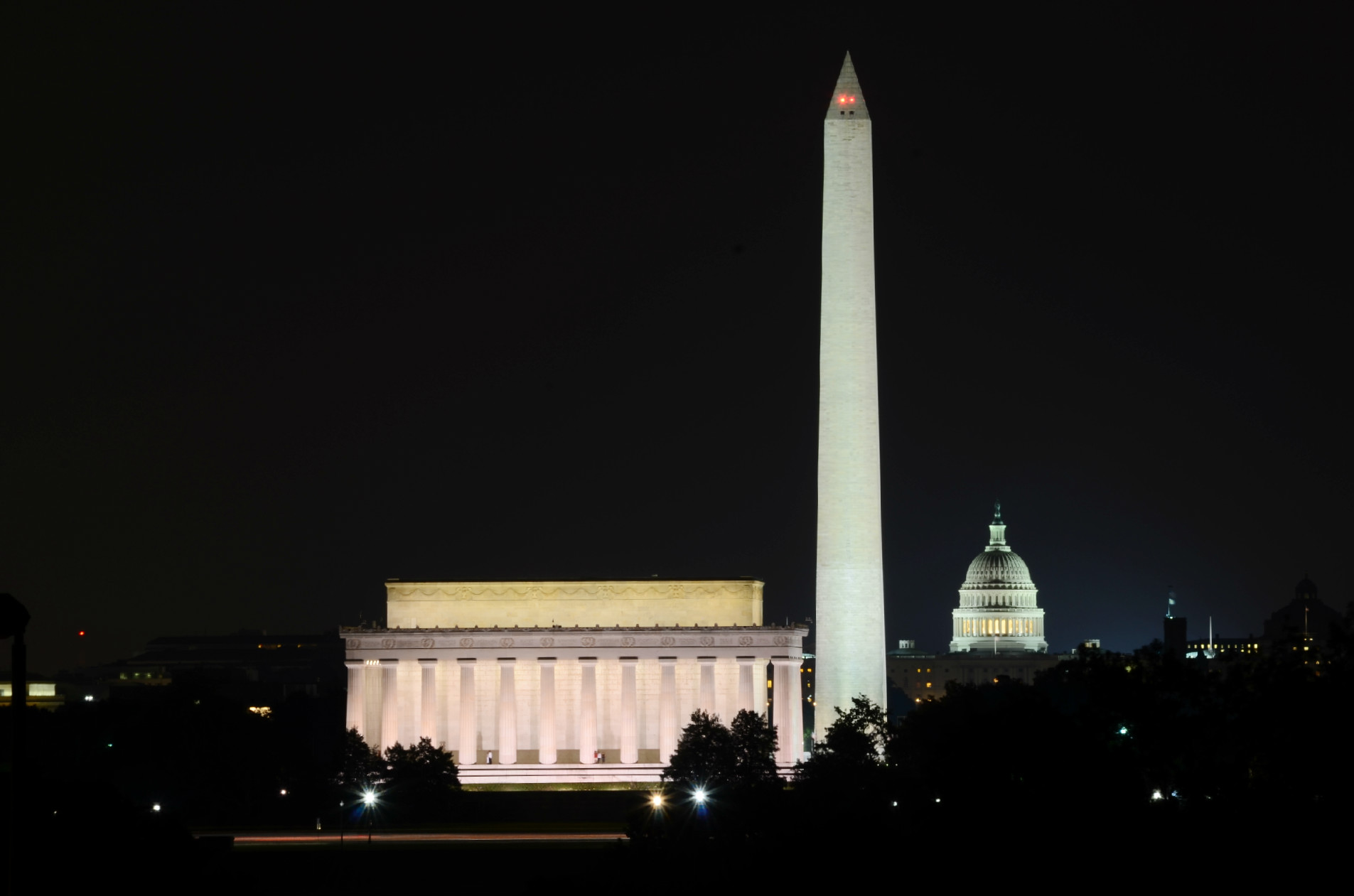

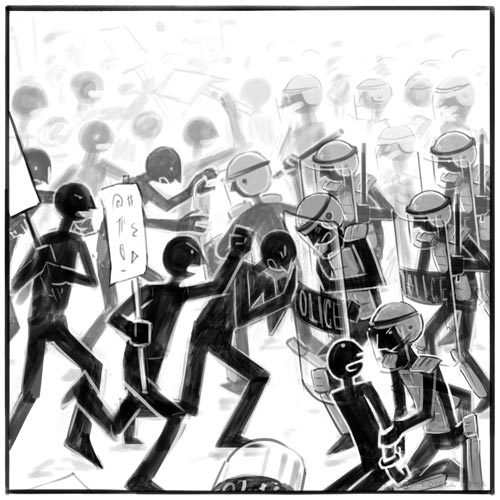
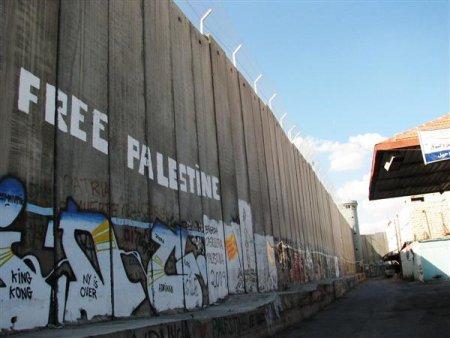
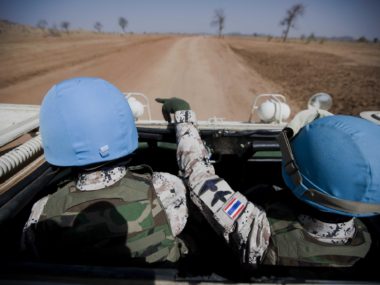
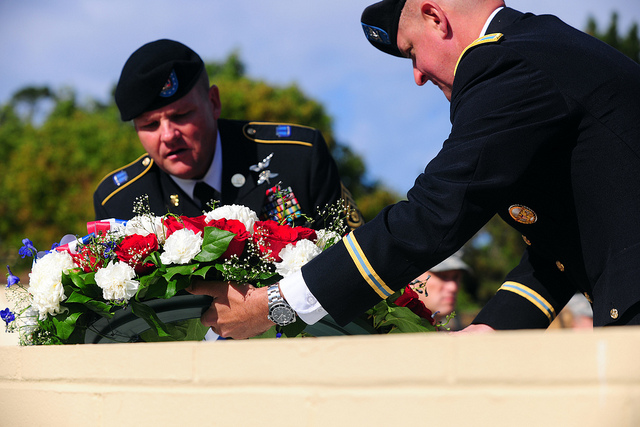

2 comments